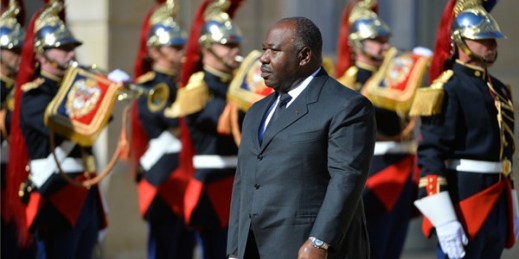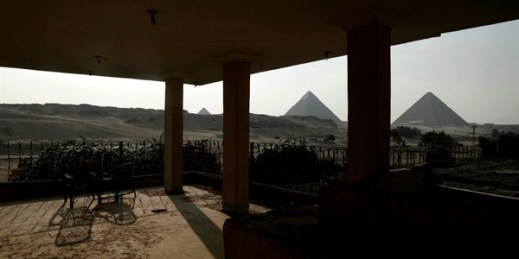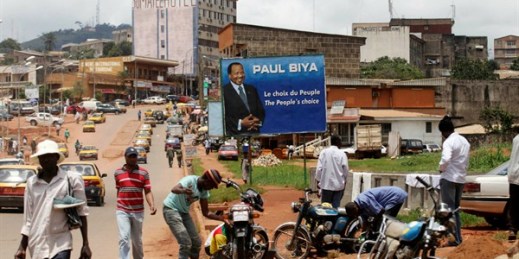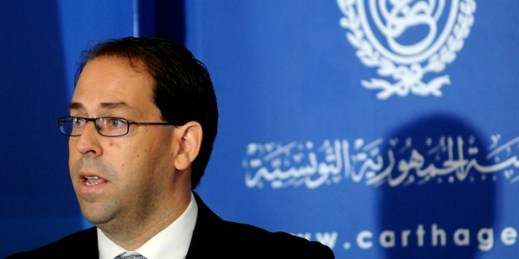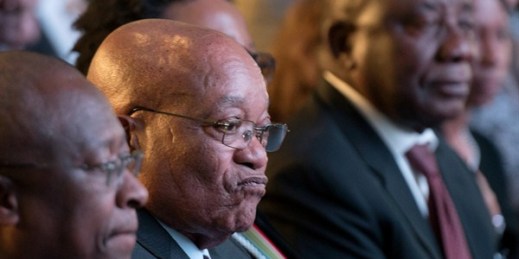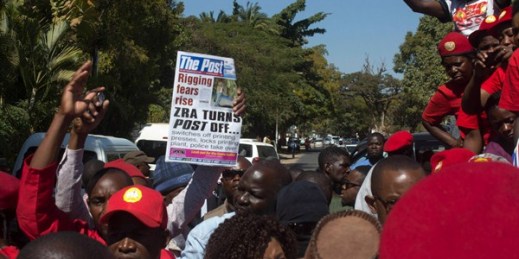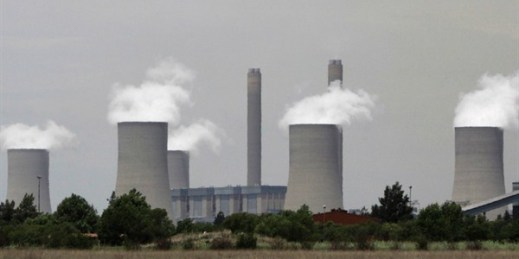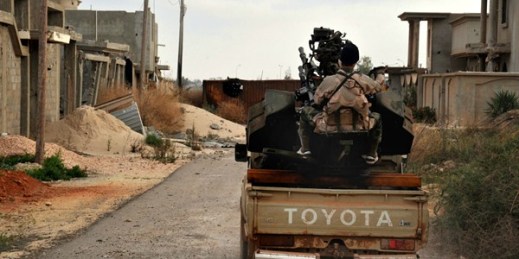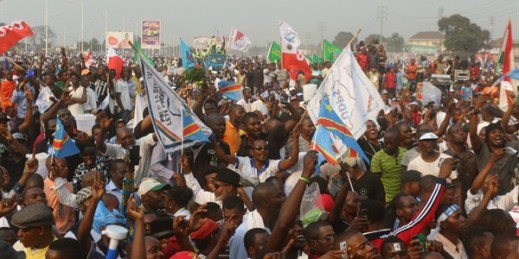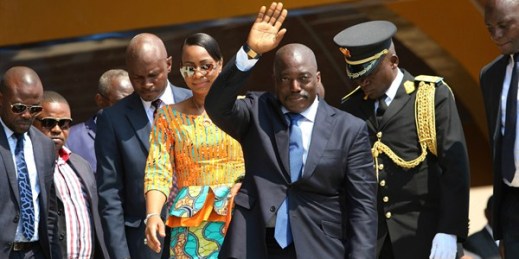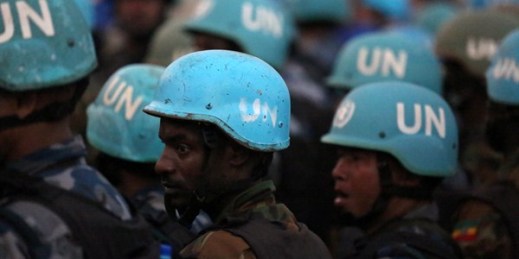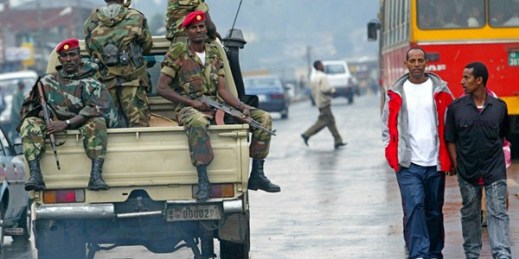
ADDIS ABABA, Ethiopia—In Ethiopia’s two most populous ethnic regions, anti-government rallies turned into a bloodbath in early August as security forces again used live ammunition against protesters. In the western part of Oromia, the largest of Ethiopia’s nine ethnically based states, the town of Nekempte looked like a “war zone,” according to a protester. An opposition party said almost 100 people were killed and thousands arrested after demonstrations across the sprawling Oromia region, which encircles the capital, Addis Ababa, and borders Kenya in the south and South Sudan in the west. A day later in Bahir Dar, the capital of […]

